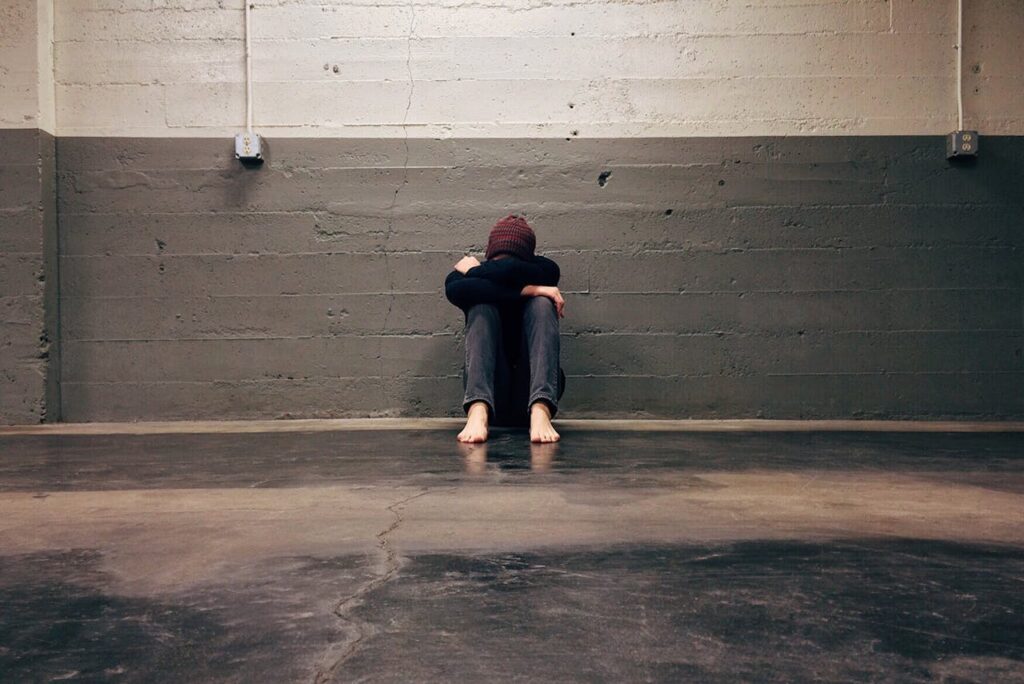Depression is more than just feeling sad or down; it’s a deep, persistent sense of despair that can impact every aspect of your life. While overcoming depression is not easy, it is possible. With patience, the right tools, and a strong support system, you can find your way back to a healthier, more joyful life.
Understanding Depression
Depression is a mental health condition that affects millions of people worldwide. It can stem from a variety of factors, including genetics, trauma, chemical imbalances, or prolonged stress. It often manifests through symptoms like persistent sadness, loss of interest in activities, fatigue, difficulty concentrating, and feelings of hopelessness.
Recognizing that depression is a medical condition—not a weakness—helps pave the way toward recovery. It’s important to treat yourself with compassion and seek help without hesitation.
The Importance of Seeking Help
One of the biggest hurdles in overcoming depression is reaching out for help. Depression often tricks you into thinking you’re alone, but the truth is, you don’t have to face it on your own. Talking to a mental health professional, such as a therapist or counselor, can provide clarity, coping strategies, and a safe space to express your feelings.
If therapy feels intimidating at first, start by opening up to someone you trust—a family member, friend, or mentor. Sharing your struggles is the first step toward healing.
Steps to Overcome Depression
Build a Support Network
Surrounding yourself with people who care can make a significant difference. While it may feel difficult to connect with others during depression, even small interactions can bring comfort. Join support groups, talk to trusted friends, or participate in community activities to create a sense of belonging.
Develop Healthy Routines
Depression often disrupts daily routines, making it hard to stay on track. Start by establishing small habits, such as waking up at the same time each day or eating regular, nutritious meals. These routines provide structure and help you regain a sense of control.
Move Your Body
Exercise is one of the most effective natural remedies for depression. Physical activity releases endorphins—chemicals in the brain that boost mood and reduce stress. Even a short walk, yoga session, or light stretching can improve how you feel over time.
Challenge Negative Thoughts
Depression often brings a flood of negative, self-critical thoughts. Practice identifying these thoughts and replacing them with kinder, more constructive perspectives. Cognitive Behavioral Therapy (CBT) techniques can be especially helpful in reframing your mindset.
Practice Mindfulness and Relaxation
Mindfulness helps you stay present and reduce feelings of overwhelm. Activities like meditation, deep breathing, and journaling can help calm your mind and bring clarity. These practices encourage self-awareness and create a sense of peace in the midst of chaos.


Set Small, Achievable Goals
When you’re depressed, even simple tasks can feel overwhelming. Break down larger goals into smaller, manageable steps. Celebrate each accomplishment, no matter how small—it’s a sign of progress and a reminder that you’re capable of moving forward.
Lifestyle Changes to Support Recovery
Eat a Balanced Diet
What you eat affects your mood. Focus on nutrient-rich foods like fruits, vegetables, whole grains, and lean proteins. Avoid excessive sugar and processed foods, which can contribute to energy crashes and worsen depressive symptoms.
Prioritize Sleep
Depression often disrupts sleep patterns, but rest is crucial for emotional well-being. Establish a consistent sleep schedule and create a relaxing bedtime routine to improve sleep quality. Avoid screens and stimulants before bedtime to help your mind unwind.
Limit Alcohol and Caffeine
Alcohol is a depressant, and excessive consumption can worsen symptoms. Similarly, too much caffeine can increase anxiety and disrupt sleep. Reducing or eliminating these substances can have a positive impact on your mood.



The Role of Therapy and Medication
Professional help is often essential in treating depression. Therapy, such as Cognitive Behavioral Therapy (CBT) or talk therapy, provides practical tools to address underlying issues. In some cases, medication prescribed by a psychiatrist can help balance brain chemistry and alleviate symptoms.
Remember, there is no one-size-fits-all solution. Work with your healthcare provider to create a treatment plan that suits your needs.
The Power of Patience and Self-Compassion
Recovery from depression is not linear. There will be good days and challenging days, but every small step counts. Be kind to yourself throughout the process. Celebrate your progress and acknowledge that healing takes time.
Conclusion: You Are Not Alone
Depression may feel isolating, but you don’t have to face it alone. By seeking help, adopting healthier habits, and building a strong support system, you can overcome the darkness and rediscover joy in life. Remember, reaching out is a sign of strength, and every step forward is a victory.
If you’re struggling, take that first step today. There is hope, and you deserve to feel better.
SEO Tags:
how to overcome depression, depression recovery tips, mental health support, dealing with depression, mindfulness for depression, therapy for depression, exercise and mental health, managing depression, self-help for depression, overcoming sadness

